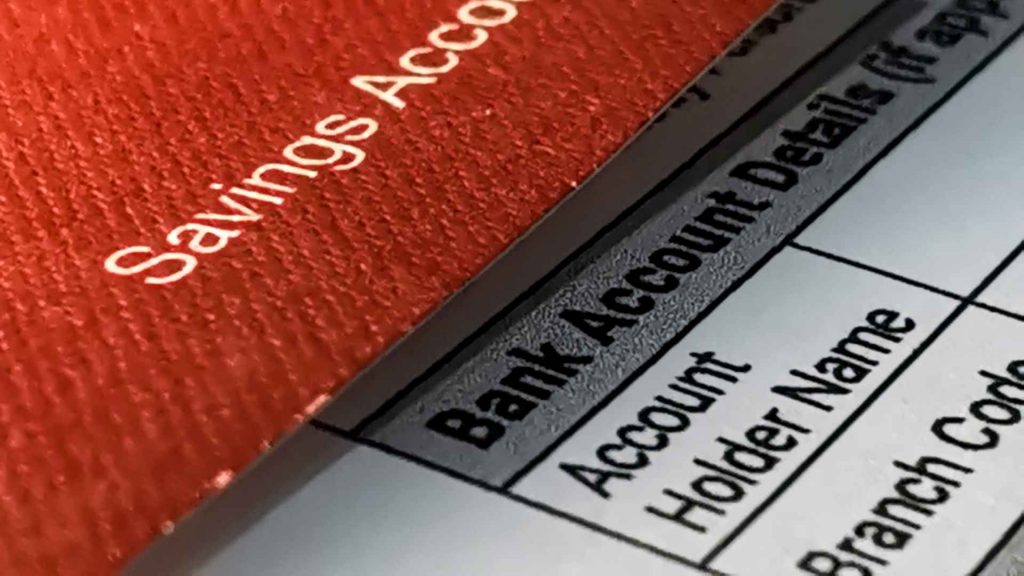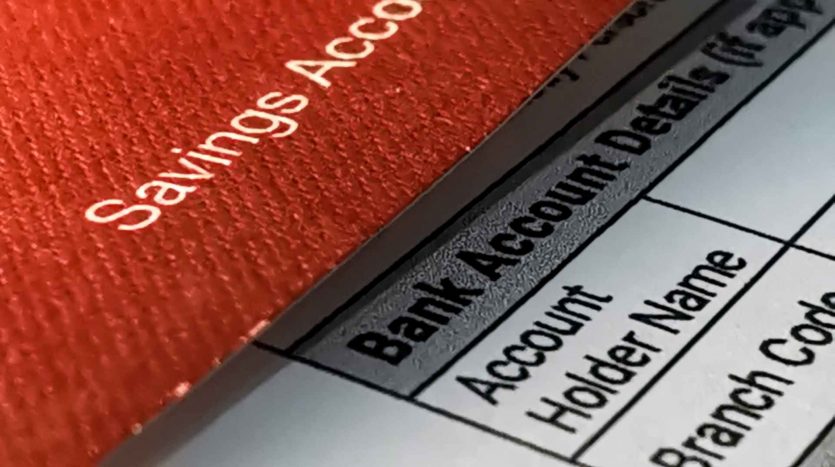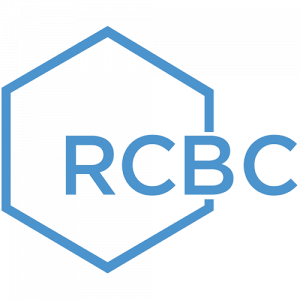Where to Start on Your First Investment
So, you’ve finally decided to make your money work for you by delving deeper into the concept of investment. But before you can proceed with the fundamentals of it, understanding its nature and essence is vital for you to always come up with rational and pragmatic decisions.
It is completely normal for any beginner to struggle in figuring out the best investment and where to start. But worry not, for there are plenty of resources you can check out on the web to help you with your first investment. Moreover, we’ve made a list of ideal portfolios for newbies who are just about to make their first investment.
RELATED: Reasons Why Memorial Lots Are One of the Best Real Estate Investments
1. Savings Accounts

Having enough savings is a must before you start investing. So while this doesn’t provide a high enough return to qualify as a sound investment, it gives you a sense of security that whatever happens to your investment ventures later on you’ll have sufficient savings to get back to. Of course, this doesn’t mean that you can be reckless in choosing where to put your money. One must do ample research to ensure that one gets more bang for the buck. But having a nest egg to back you up gives you the confidence to start taking smart risks to kickstart your investment journey.
2. Individual Stocks
Stocks are a high-risk investment, however, while many made a loss by jumping into the bandwagon unprepared, a lot also made a fortune through it. Venturing into stocks can be quite a challenge at the beginning, but if you have the patience and perseverance to learn, you might find that this investment option is one that rewards greatly.
For starters, company shares represent fragments of ownership of a firm. Business owners issue these equity instruments in exchange for pooling financial assets such as cash, tangible properties, and receivables from interested investors.
On the other end of the spectrum, investors can earn the privilege of having a portion of the company’s periodic earnings and equity value in the case of liquidation. You can afford shares of economic entities for as low as ₱5,000.
To avoid being a victim of fraudulent schemes, ensure that you will exert an effort to make adequate research about the company that you are trying to invest in by checking their financial performance and pertinent legal affairs as per governing entities such as the Philippine Stocks Exchange.
3. Mutual Funds

If you are not confident enough with individual stocks being a perfect fit for you as an investment where to start, you can divert your financial resources instead to mutual funds. This is a method of investment wherein you contribute the amount that you are willing to invest to a shared pool by other aspiring fund providers like you. Then collectively, the resulting amount will be the fund used to afford equity and debt instruments such as stocks and bonds. And with the passage of time, each contributor to the said fund benefits in the form of dividends or/and interests.
You can start partaking in mutual funds for as low as ₱5,000. Considering the technicalities, this can be a smarter option since you and your co-investors who do not have abundant financial resources can still afford to get your hands on investment products that pay off decent returns.
4. Bonds
Since the returns that you can receive from stocks highly depend on the financial performance of your investee company, you should expect volatility in figures since market conditions are eternally dynamic. If you are not someone who’s prepared enough for such risk, you may consider having your first investment through a bond. This is an unconditional promise of a company to pay a specific amount of money on a determinable date in the future. Simply put, this is a form of loan that you offer to a certain business.
You can kick off your investment with this debt instrument for at least ₱8,000. To further rationalize what this is worth, in the case of liquidation of a company, bondholders are given priority over shareholders. This means that they will settle their dues to their investors who entered debt investments with them. Hence, rest assured that you will get your capital back if the worst-case scenario arrives.
5. Real Estate

Real estate is a low-risk, high-reward type of investment. It’s purchasing a tangible property and earning income through renting it out to tenants or selling it to potential buyers. It can be in the form of raw land, house and lots, lot only, condominiums, commercial properties, memorial lots, and others. While many real estate properties require a huge sum to start, there are a few with a price range that is friendly for those just starting up. Memorial, lots, for instance, have monthly installments of less than 1,000 per month.
With a variety of options around, there is no reason for you to worry about where you should start on your first investment–indeed, hope springs eternal. But aside from conducting heavy research every step of the way, you must remember that time is of the essence when it comes to investing; to succeed in ventures like this, you have to choose between leveraging the momentum or losing the chance.
READ MORE: Golden Haven Memorial Parks News and Update

















